Question And Answer
Publications
Articles, publications, books, tools and multimedia features from the U.S. Institute of Peace provide the latest news, analysis, research findings, practitioner guides and reports, all related to the conflict zones and issues that are at the center of the Institute’s work to prevent and reduce violent conflict.

Keith Mines on the Collapse of Haiti’s Governance
With the governing structure now collapsing, Haitian gangs “have the country in a stranglehold,” says USIP’s Keith Mines, and that the best path to re-establish stability is “to form a new transitional government that would be more inclusive, that would have better connections to the Haitian people.”
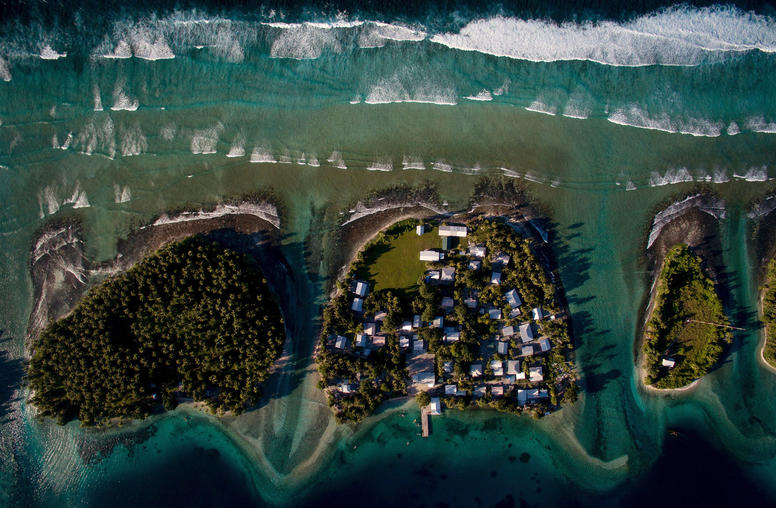
In the Pacific, U.S. Risks Letting Down its Closest Partners
As the United States seeks to shore up alliances and maintain regional stability amid increasing Chinese competition in the Pacific, it needs to mend strained relations with the island states that are its closest partners. The U.S. government describes Palau, the Federated States of Micronesia and the Marshall Islands as “the bedrock of the U.S. role in the Pacific” and “crucial” to U.S. defense there. After months of delay that have undermined those relationships, the United States this month renewed the funding that underpins their government budgets. But significant bilateral strains will require further U.S. attention.
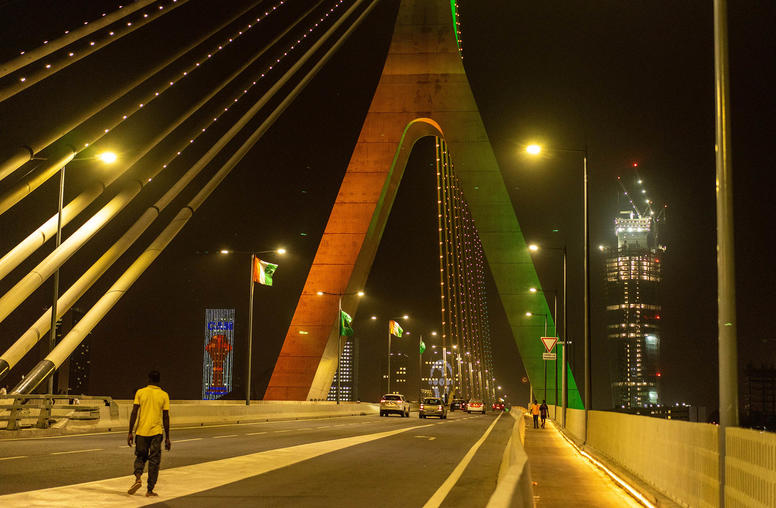
U.S. Plans to Build Africa’s Infrastructure Bring Opportunities, Challenges
An interesting trend is emerging in U.S.-Africa relations: even as the United States moves to counter Chinese influence in key sectors like critical minerals, China’s influence in Africa is subtly reshaping the United States’ own approach to engaging with the continent.

Indonesia’s Nickel Bounty Sows Discord, Enables Chinese Control
As the world moves toward cleaner forms of energy, specific minerals and metals that support this transition have become “critical.” Nickel — a major component used in electric vehicle (EV) batteries — is one such critical mineral. Demand for battery metals is forecast to increase 60-70 percent in the next two decades. This may be a boon for some. But in Indonesia, which produces more than half of the world’s nickel supply, it has led to political, environmental and ethical complications.
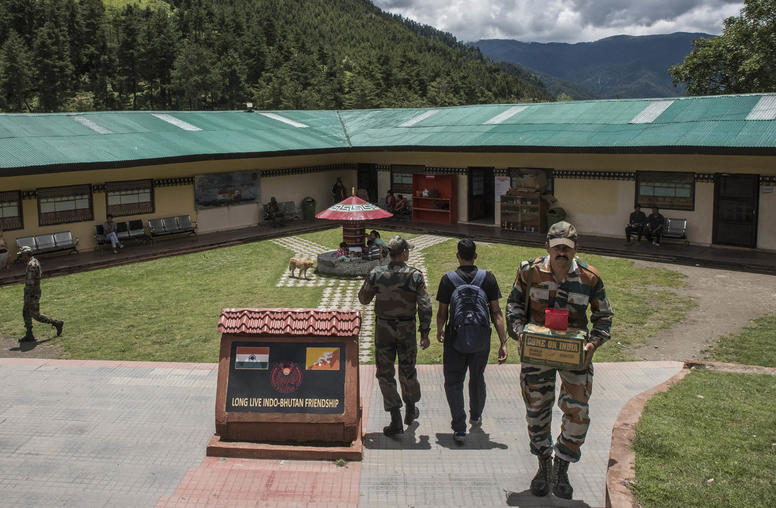
What’s Driving India-China Tensions?
Since deadly clashes between India and China on their 2,100-mile disputed border — known as the Line of Actual Control (LAC) — nearly four years ago, the two countries have remained in a standoff and amassed an increasing number of troops on either side of the LAC. While India and China have held regular exchanges at the corps commander level since 2020, each side has also continued to militarize and invest in infrastructure in the high-altitude border regions, which may exacerbate risks of clashes or escalation. India-China competition has also deepened beyond the land border, particularly in the Indian Ocean region.

Angela Stent on the Terror Attack in Moscow
While ISIS has claimed responsibility for the devastating terror attack in Moscow, Putin has baselessly tried to shift the blame to Ukraine, says USIP’s Angela Stent: “[Putin] wants to use this to increase repression at home … and also to pursue a more aggressive path in Ukraine.”
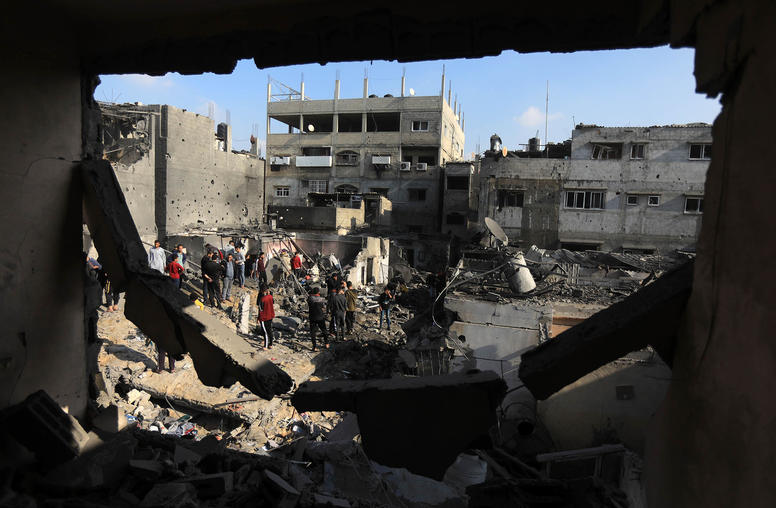
What Does the U.N. Cease-Fire Resolution Mean for the Israel-Gaza War?
On March 25, the United Nations Security Council (UNSC) passed Resolution 2728, calling for an “immediate” cease-fire in Gaza. The motion’s passage came after weeks of back and forth and posturing among the UNSC’s permanent and rotating members. The exact phrasing of the resolution and its relevance to the situation on the ground, as well as bilateral and multilateral relations — particularly U.S.-Israel ties — have been the subject of heavy public and media attention since Monday, raising questions about the resolution’s subtext, intent and limitations. USIP’s Robert Barron looks at these questions.
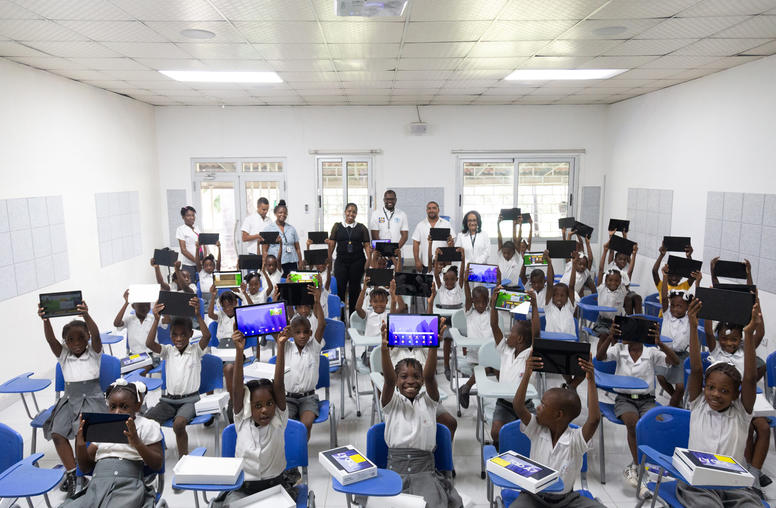
For Peace in Haiti, Let’s Build on the Success We’re Ignoring
Haiti’s new eruption of violence threatens anarchy and famine for its 11 million people and endangers security in the entire region, yet “an old narrative that ‘Haiti is hopeless’” risks deterring U.S and international policymakers from any real effort to help, says Marie-Marcelle Deschamps, an internationally recognized Haitian doctor and humanitarian. “The world is hesitating, and thus isolating Haiti, but this ignores many successful ways that Haitians and international partners have built progress and peace together.”

Moscow Concert Hall Attack Will Have Far-Reaching Impact
On Friday, terrorists attacked the Crocus City Hall outside Moscow leaving 140 people dead and 80 others critically wounded. Soon after, the Islamic State claimed responsibility for the attack. The terrorist group, which is headquartered in Iraq and Syria, has several branches, including in South and Central Asia. Press reports suggest the U.S. government believes the Afghanistan-based affiliate of the Islamic State, ISIS-Khorasan (ISIS-K), was behind the attack. The Biden administration has publicly noted that it had warned the Russian government of the terrorism threat in early March in line with the procedure of “Duty to Warn.”

It’s Time to Resolve the Korean War
The greatest challenge to peaceful coexistence between North Korea and the United States is the technical state of war between the two countries. The United States and the Soviet Union may have been at ideological loggerheads, used proxies in regional conflicts and come close to direct superpower blows — but they were not in a state of war. Resolution of the Korean War should be set as a stated U.S. policy objective. This is a necessary Step Zero on the road to peaceful coexistence with North Korea today and could reduce the risk of deliberate or accidental conflict, nuclear or otherwise.